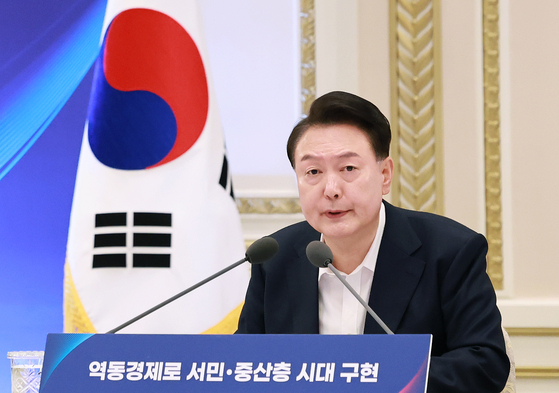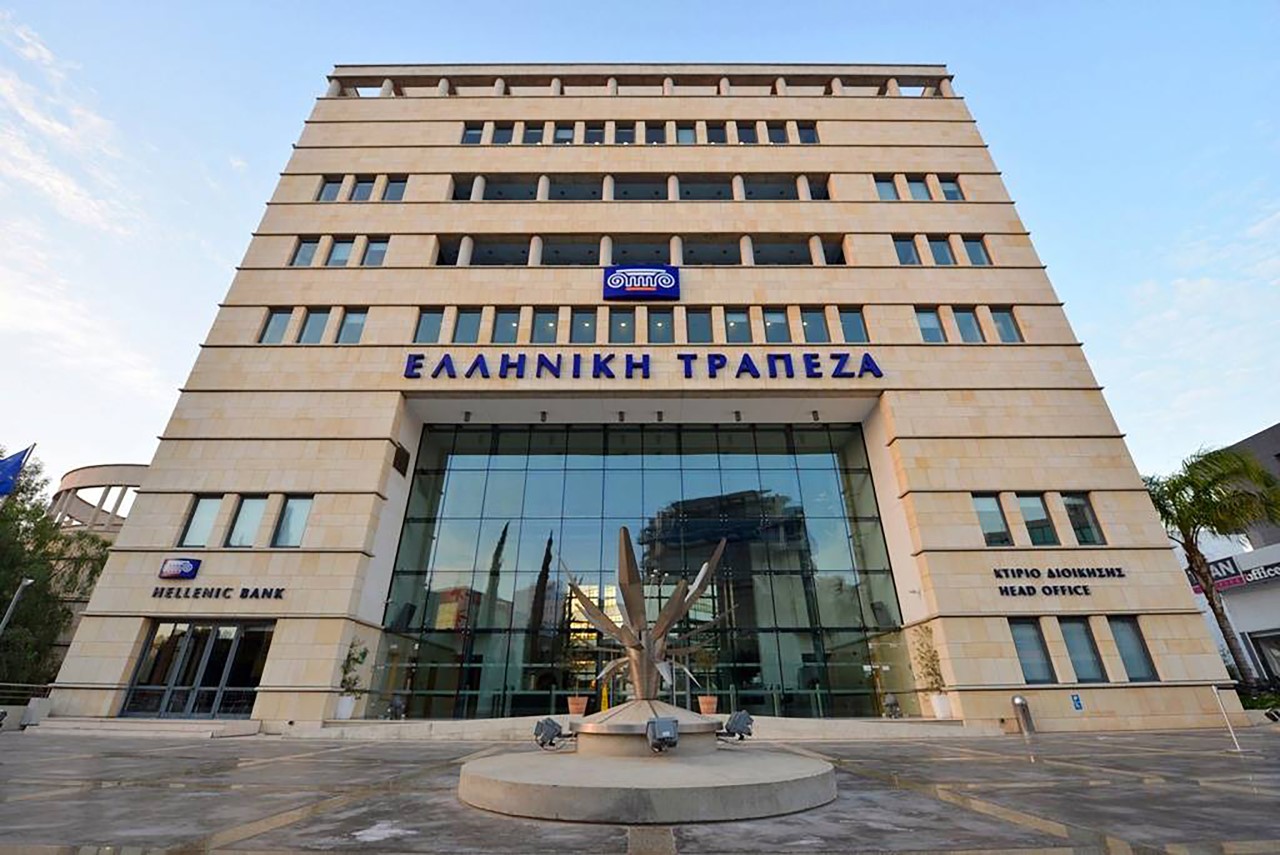President Yoon Suk Yeol has unveiled the Dynamic Economy Roadmap and the Economic Policy Direction for the latter half of the year at the Blue House in central Seoul. The government plans to reduce corporate and inheritance taxes for companies in the “value-up program” and more than double the number of foreign professional workers in Korea by 2035 under a multiyear plan to revamp economic growth.
Three Pillars to Stave Off Stagnant Growth
The roadmap consists of three pillars: creating an innovative corporate ecosystem, ensuring fair opportunities, and enhancing social mobility. Under the plan, the government aims to enhance the market valuation of domestic companies through its Corporate Value-up Program. This initiative is designed to resolve the chronic undervaluation of Korean stocks, elevating them to the level of countries classified in the Morgan Stanley Capital International global index as developed markets.
Starting in the latter half of the year, the government will slash corporate taxes at a rate equivalent to 5 percent of the increase in shareholder returns, which include dividend payouts and the cancellation of treasury stocks, for companies participating in the value-up scheme. Moreover, the government will abolish the current inheritance tax regulation that levies an additional 10 percentage points on top of the 50 percent cap if the benefactor is the largest shareholder of a company. As such, the current maximum inheritance tax rate of 60 percent will be cut down to 50 percent.
Race to Secure Foreign Talent
With Korea facing a steep population decline driven by the world’s lowest birthrate, the government also aims to secure talent in key sectors such as semiconductors while attracting foreign workers to the country. The number of professionals from abroad will be upped from 72,000 as of last year to more than 150,000 by 2035 through an improvement in the visa system. More detailed plans on the revamp are to be outlined within this year.
Other plans include enabling foreigners to work in homemaking and child care sectors and establishing a government body, namely a committee chaired by the prime minister, dedicated to attracting foreign talent.
Work-Life Balance and Social Mobility Initiatives
Mid- to long-term plans to ensure a sufficient work-life balance include changing some of the fixed public holidays to floating holidays. Korea also aims to secure the world’s most expansive free trade partnerships by 2027 by striking additional free trade agreements (FTAs). The country has signed FTAs with countries accounting for 85 percent of the world’s combined gross domestic product (GDP), second only to Singapore at 87 percent.
To increase social mobility, which has been undermined by the growing wealth gap, the government aims to boost the labor force participation rate from the current 71.1 percent to 73.7 percent by 2035. The plan includes upping parental leave pay by 1 million won ($720) by next year.
In a 25 trillion-won comprehensive support package dedicated to the self-employed and small business owners, who have been hit particularly hard by high interest rates and slow recovery of domestic demand, the government expanded financial assistance with low-interest loans and electricity bill cuts.
“While the macroeconomic indicators, including the growth rate, have been notably improving, it is disappointing to say that the warmth [of the economic recovery] is yet to trickle down [to relieve the burden on] everyday livelihoods,” President Yoon said during an economic policy meeting with top officials at the Blue House.
“To fundamentally improve the everyday livelihoods of the general public, we will further strive to achieve sustainable economic growth,” Yoon said. “Through the elimination of unnecessary regulations and implementation of tax reform, we will build a foundation on which both companies and people can achieve win-win growth.”
However, questions about feasibility remain. With big issues enmeshed in Korea’s social and economic structure, deadlines for proposals extend as far as 2035, long after Yoon’s term at the helm is over. Another challenge is posed by the composition of the current National Assembly — dominated by the main opposition Democratic Party (DP), which will likely oppose many of the proposals.
“It remains questionable whether the proposals will go as planned even after Yoon’s term ends,” said Im To-bin, a professor at Seoul National University’s Graduate School of Public Administration. Most plans, including those concerning taxes, require approval by the National Assembly. Given that the DP is almost unanimously against other ongoing reforms proposed by the Yoon administration, chances are slim that plans get a green light from a majority of lawmakers.
“At a time when the government’s push on three major reforms in education, labor, and pension system is in limbo, they throw in more long-term tasks,” said Kim Sang-bong, an economics professor at Hansung University. “The government should maintain a pace for actual implementation of plans,” Kim added.






